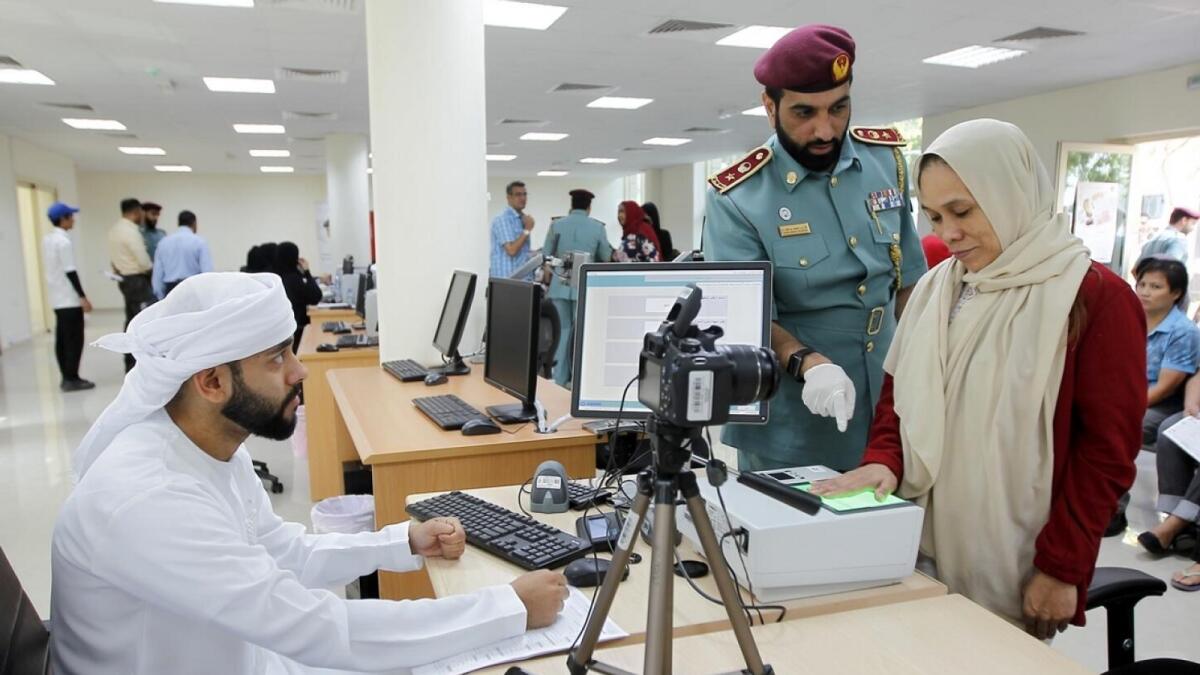Illegal residency is a common issue in the UAE, with many individuals finding themselves in such situations due to various circumstances. Abu Backr, a Nigerian national, is one such individual who has been stuck in the UAE for nearly three years without a valid residency. Due to the Covid-19 pandemic, Abu lost his job as a security guard, and his employer’s office shut down, leaving him without a means to regularize his status. Despite finding a part-time job as a car cleaner, Abu struggled to pay his overstay fines until the recent announcement of a two-month grace period for residence visa violators, which gave him hope of seeing his daughter again.
Lana Hub, a housekeeper from Indonesia, also found herself in a similar predicament after her employers abruptly left the country, leaving her with an expired visa and no means to support herself. Over the years, Lana worked odd jobs to survive, living in constant fear of being caught and deported. The announcement of the grace period brought a sense of relief to Lana, who now sees it as a second chance to regularize her status and find a stable job to support herself and her family.
Asif KF, a cleaner from Bangladesh, came to Dubai with dreams of earning a better living to support his family. However, after his company shut down, Asif struggled to find another job with his visa expired. Despite working part-time jobs to make ends meet, Asif lived in constant fear of deportation. The amnesty scheme offers Asif an opportunity to legalize his stay, find a stable job, and continue supporting his family, for which he is grateful to the UAE Government.
The amnesty scheme has sparked hope among many illegal residents who are counting down the days until September 1 when it is expected to start. However, the exact procedures and terms and conditions to get fines waived and regularize one’s status are yet to be announced. The individuals mentioned in the article have been quoted under pseudonyms due to their illegal residency status, highlighting the challenges faced by many in similar situations.
Overall, the UAE’s announcement of a two-month grace period for residence visa violators offers hope and a second chance to individuals like Abu, Lana, and Asif to regularize their status and move forward with their lives. It is a ray of hope for those who have been living in fear and uncertainty, giving them an opportunity to make things right and build a better future for themselves and their families. The success of the amnesty scheme will depend on the implementation process and the support provided to those seeking to correct their residency status in the UAE.































